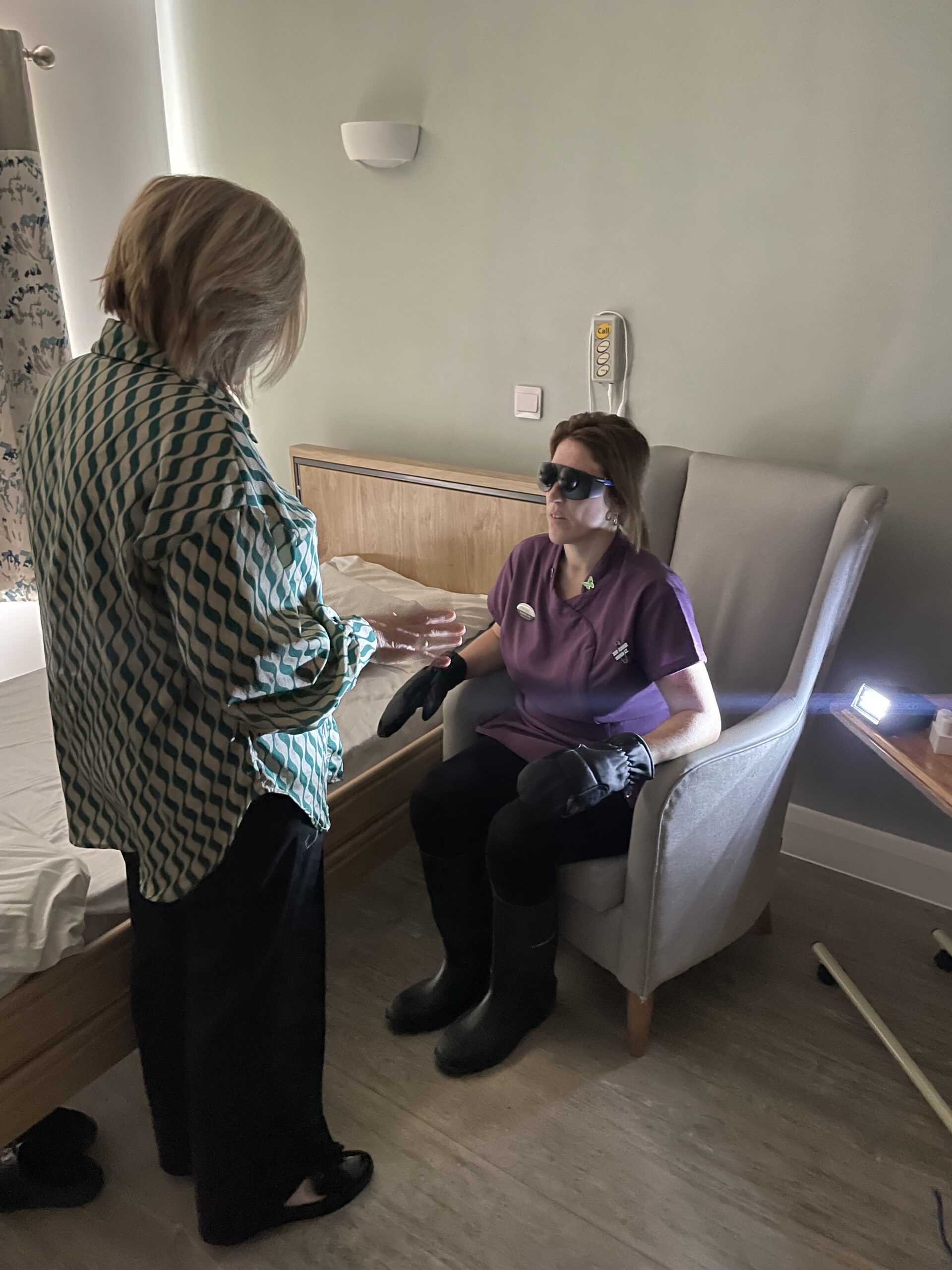Power of Attorney Guide: Looking After Elderly Parents
Watching a parent get older can be a challenging experience, especially if they are battling an illness and becoming more dependent on the rest of the family in the process. They may have become accustomed to their independence over the course of their lives so the transition can be tough; it should be navigated with extra care and consideration at all times.
It becomes even more difficult when a parent starts showing signs of an illness that debilitates their mental capacity and affects their cognitive functioning. It is said that one person in the UK develops dementia every three minutes. This takes away their ability to make day-to-day decisions, and tends to put more pressure on the family to step in and help.
At some point you may even be required to head to the bank to access their money for paying bills, or to make other further financial and medical decisions on their behalf. This can be difficult unless you have power of attorney to do so.
Am I Legally Responsible For My Elderly Parent?
While you might not be legally responsible for the welfare of your elderly parent, many do consider that there is an unspoken moral obligation to do so. This was echoed by former care minister David Mowat, who previously suggested that “parents have as much of a responsibility to care for their elderly mothers and fathers as they do for their own children”. While few people question the responsibility of taking care of their children, a very different attitude arises when the shoe is on the other foot.
Lasting Power of Attorney Guide
If you’re committed to being there for your elderly parent, you may have already started worrying about them getting older, and may be contemplating a future where they might not be in a position to make decisions around their health, finances and general wellbeing. As a preemptive measure, you should consider a lasting power of attorney (LPA). This is a formal legal agreement in which a person with a healthy mental capacity appoints a trusted relative to look after their affairs in the event that they are unable to do so themselves.
Reassuring Your Elderly Parent During The Process
This can be a difficult conversation to broach, so make sure you keep your loved one calm and reassured when approaching the topic. Remind them that its primary purpose is that in the unfortunate event that they suffer a stroke, get involved in an accident, or they are diagnosed with dementia, having the document in place gives everyone —including them — immediate peace of mind.

How Do You Get Power Of Attorney Over Your Parents?
If you’d like to get power of attorney over a parent or parents, it is important to prepare in advance, by collating the documents you’ll need and doing a formal registration on the government’s website. While the website still refers to the process as enduring power of attorney (EPA), it is now more widely recognised as lasting power of attorney (LPA).
Costs Involved To Register For LPA
There are two fees involved when you register a power of attorney, as there are two types of power to register for. An £82 fee applies for a property and finance LPA, with the same amount applying to a health and welfare LPA. Also factor in that there may be legal fees attached if you use a solicitor for the process, which is not necessary but can be more practical.
Lessening The Burden of Looking After Elderly Parents
Taking care of an elderly parent can be very challenging. Nursing, residential, palliative and dementia care options provide a way to lessen the burden on your parent, as well as on you and the rest of the family.
At Westgate Healthcare, our care homes provide round the clock assistance and care, with well-trained staff who are equipped to handle any situation. If you’d like to give your parent access to an environment that is emotionally and mentally stimulating, all the while offering you peace of mind, then considering one of our care homes is a good place to start.

While this article aims to provide an overview of the technicalities around power of attorney, it should not be considered a legal authority on the matter. You are encouraged to talk to a solicitor if you need more information, or if you have specific questions about the processes mentioned.

